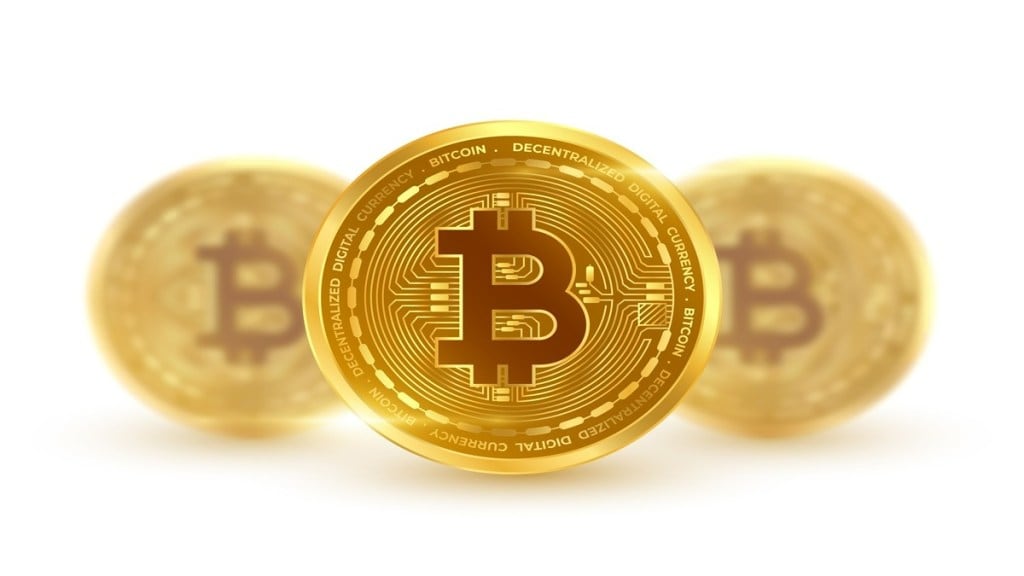Parth Chadha, co-founder and CEO, STAN, a blockchain-based Esports platform, talks about the importance of private keys for digital assets protection with FE Blockchain.
1. What are the three best practices that today’s youth should follow when it comes to digital assets?
When it comes to securing one’s digital assets like NFTs, tokens and digital collectibles, here are three best practices that today’s youth must follow:
- Today, several platforms provide 2FA (two-factor authentication) using OTP sent on one’s mobile number/email or via external TOTP (time-bound one time password) apps like Google Authenticator. Whenever possible, you must remember to utilize these in order to secure your account logins.
- Read carefully about giving permission to apps and make sure that you give message and mail-read permissions to only trusted apps and sources. Also, avoid these permissions whenever it’s not necessary or use the feature of ‘allow only this time’ when your app asks about the permissions. Never share OTPs and passwords with other individuals or businesses, nor should you write them down on insecure platforms like messaging apps. Instead, you may use password managers like Dashlane for such purposes. Furthermore, while entering your login credentials, make sure that you’re doing this on correct website or apps i.e. beware of phishing websites etc.
- For storing your personal digital documents, you can use the safe and secure platform initiative started by Government of India i.e. DigiSafe.
2. How can blockchain be used to keep digital assets safe? Which are the apps consumers can use?
Today, various blockchain-based apps use consensus and encryption algorithms in order to prove ownership of digital assets on one’s wallet for ensuring their on-chain safety. On such apps, only you can access your data if and only if you have your private keys. It is the need of the hour to grow awareness about and make the best possible use of such platforms to enable digital asset safety for users.
At the same time, it is advisable to not use centralized apps to store one’s digital assets. Especially in the light of the recent crash of many centralized platforms like FTX, Celsius etc., this has become all the more important to take note of. Instead, I would suggest using Metamask, TrustWallet or other reputed and trustworthy hardware wallets to manage one’s assets on the blockchain.
3. What are three tips you would like to give to people who dabble in crypto trading?
Here are three important tips for crypto traders:
- It is a highly volatile and risky market; so only indulge in it if you’re prepared to (possibly) lose your principal as well. Invest only the amount that you are happy to lose
- Follow value-based crypto trading, and beware of pump signal groups or advice groups on Telegram/Discord. As we say in the crypto space DYOR if you’re planning to do crypto trading
- Do not store your crypto assets on the centralized trading platforms
4. Which according to you is the country leading in the space and the Indian start-up ecosystem can pick up the best use cases?
There are several foreign countries that are taking rapid strides to lead and leapfrog their progress using blockchain. For example, Switzerland has been offering extremely generous tax environment for its blockchain startups. Additionally, with a blockchain-savvy population, the country also has been offering a collaborative network and favourable regulatory push for introducing blockchain-based tools across various industries. On the other hand, another promising country from which we can pick up use-cases is the UAE, one of the friendliest nations in the world currently when it comes to crypto and blockchain. Looking at UAE in general, and Dubai in particular, can help Indian companies in picking wonderful blockchain use-cases in identification, land registry, healthcare and governance, among other sectors.
5. What are the disadvantages of blockchain?
Today, amongst some of the key roadblocks and disadvantages relating to blockchain that we are facing include:
- In India, the regulations and legal aspects regarding blockchain is still very unclear, thus making people less aware about its futuristic technological marvels and benefits’ potential.
- Off late, we have seen an increase in illegal activities such as money laundering using blockchain tech (crypto currencies to be more particular).
- The high implementation cost is a deterrent for many industries to use the technology


